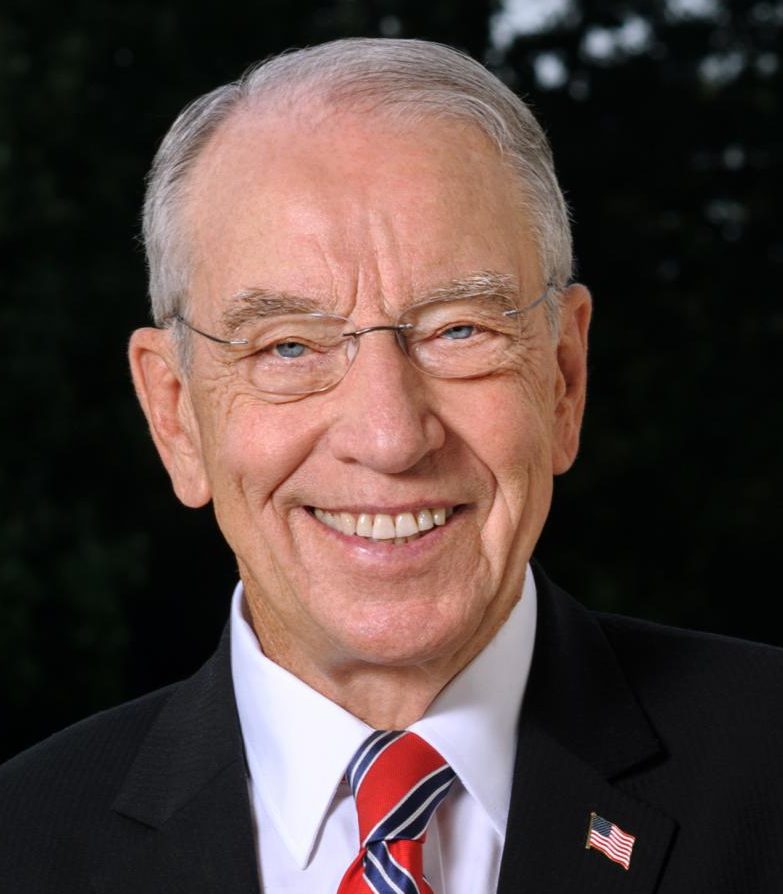U.S. Sen. Chuck Grassley (R-Iowa) issued the statement below regarding the Congressional certification of Electoral College votes. His statement on the violent attack on the U.S. Capitol can be found HERE.
“The violence and disruption we saw today must not be allowed to disrupt or intimidate us from performing our constitutional duty as lawmakers. I took an oath of office to support and defend the Constitution, even in the face of threats. That is the lens through which I view today’s process.
“The Constitution and our laws give Congress few options and limited authorities when it comes to certifying presidential election results. Congress has no role in conducting elections or adjudicating election disputes, only receiving and formally counting the electoral votes cast in each state. This constitutional process allows the states to determine under their own laws and legal systems how their electoral votes are allocated. And let’s be clear about what the stakes are here. If an objection to a state’s electoral certification is sustained, the state’s electoral votes are thrown out, not reallocated to a different candidate. So anyone voting to object to any state’s certification of electoral votes is voting to disenfranchise an entire state.
“The right place to resolve electoral disputes is in the courts. As we saw in Iowa’s Second District House race, there is an established process to review election disputes, and that process should not involve Congress overriding independent judicial decisions. Our independent legal system is tasked with expeditiously evaluating election disputes. To date, 78 lawsuits have been filed alleging election irregularities in various states. They have had their day in court but none of them was successful in changing election results in any state. Politicians in Washington should not second guess the courts once they have ruled, and we cannot and should not consider allegations not formally presented to a court of law. The question before Congress is not whether there are legitimate complaints about how elections were conducted; only whether to accept or reject entirely the electoral votes cast by a state. I could not in good conscience vote to disenfranchise an entire state.
“That said, it’s important to take seriously concerns about election irregularities to restore faith in our election system. Democrats are wrong to reject this discussion out of hand. They attempted to object to certifying the last three Republican presidential elections on the grounds of alleged election irregularities. I opposed those efforts to reject the state-certified vote counts each time. Our Constitution sets up a federal system, of which the Electoral College is a key component, ensuring that states like Iowa have a voice. I swore to uphold the Constitution, therefore I cannot support any effort to undermine the constitutional role of states in elections. I share the frustration of many Americans about the election outcome, and I’m also concerned about claims of irregularities that were exacerbated by states changing their rules at the eleventh hour. Going forward, it’s important that state legislatures closely scrutinize the events of this election and take necessary steps to promote independence, transparency and trust in future elections.”















